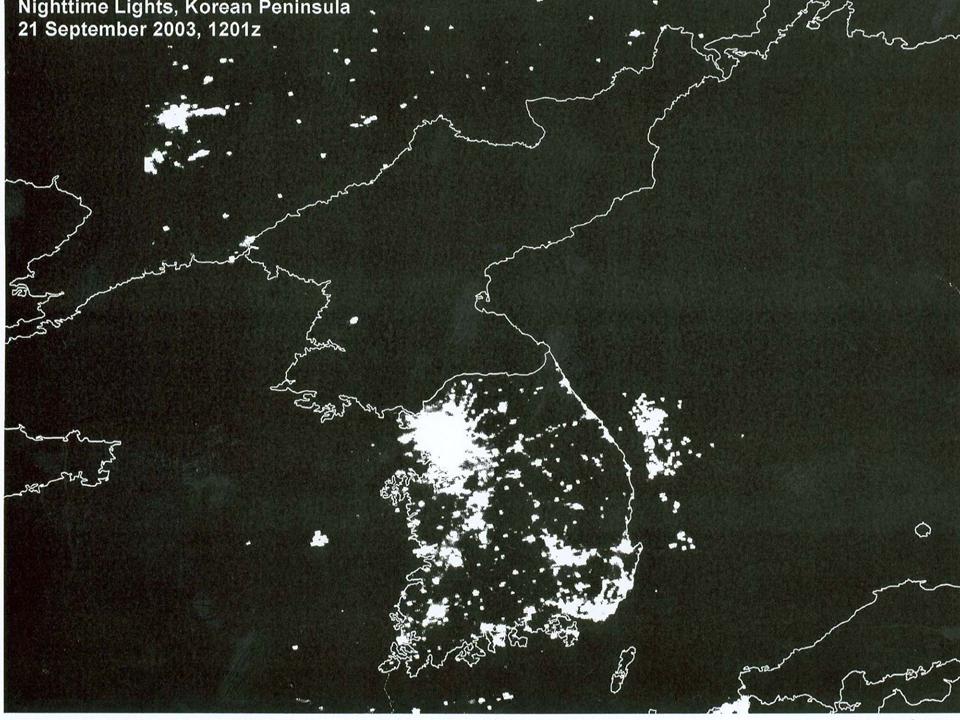From today’s NYTimes.
The world’s congested mobile airwaves are being divided in a lopsided manner, with 1 percent of consumers generating half of all traffic. The top 10 percent of users, meanwhile, are consuming 90 percent of wireless bandwidth.
Arieso, a company in Newbury, England, that advises mobile operators in Europe, the United States and Africa, documented the statistical gap when it tracked 1.1 million customers of a European mobile operator during a 24-hour period in November.
The gap between extreme users and the rest of the population is widening, according to Arieso. In 2009, the top 3 percent of heavy users generated 40 percent of network traffic. Now, Arieso said, these users pump out 70 percent of the traffic.
Michael Flanagan, the chief technology officer at Arieso, said the study did not produce a more precise profile of extreme users. But the group, he said, was probably diverse, with a mix of business users gaining access to the Internet over a 3G network while traveling, and individuals with generous or unlimited mobile data packages watching videos, the main cause of the excess traffic.
Interesting data. At the moment, only about 13 per cent of the world’s 6.1 billion cellphones are smartphones, according to Ericsson, the leading maker of mobile network equipment, but the rate exceeds 30 percent in larger markets like the United States, Germany and Britain. My (informal) guess, based purely on observing those around me in the street and on trains, is that the proportion of smartphones is much higher than that in the UK.
The increasing penetration of smartphones is a one-way street — and, as Jonathan Zittrain, Tim Wu and others have pointed out — the destination it’s heading towards is not necessarily an attractive one in terms of freedom and innovation.
and others have pointed out — the destination it’s heading towards is not necessarily an attractive one in terms of freedom and innovation.
As the NYT report puts it:
The more powerful phones are rapidly replacing the simpler, less voracious devices in many countries, raising traffic levels and pressure on operators to keep pace. In countries like Sweden and Finland, smartphones now account for more than half of all mobile phones … About 35 percent of Finns also use mobile laptop modems and dongles, or modems in a USB stick; one operator, Elisa, offers unlimited data plans for as little as 5 euros, or $6.40, a month.
As a result, Finns consume on average 1 gigabyte of wireless data a month over an operator’s network, almost 10 times the European average. As more consumers buy smartphones, the level of mobile data consumption and congestion will rise in other countries.

